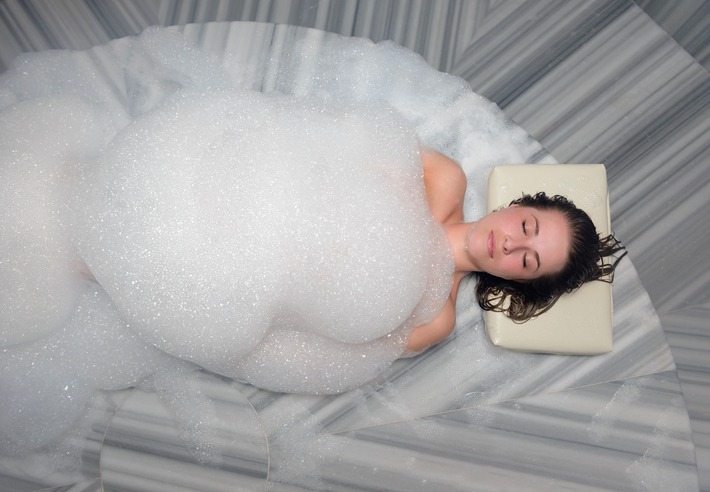These two traditional massages are a must-try experience when living in Dubai. Here's our beginner's guide to each one.
23 January 2017
| Last updated on 1 October 2019
If you haven't yet had the opportunity to enjoy one of the two traditional Middle Eastern massages... What have you been doing since you landed here?
Seriously, somewhat of a right of passage to life in the Emirate, enjoying a Turkish and/or Moroccan Bath in Dubai is a must-try experience that every expat should do at least once.
Despite the horror stories you may have heard about these types of massages - especially if you've spoken to someone who has experienced a true Turkish bath in Turkey (it can get a little embarassing) - they're both extremely relaxing and great for your body and mind.
Over the years, both of these popular bathing traditions have continually evolved from a basic massage technique, to a full cleansing and refreshing regime that have years of history behind them. In fact, when you experience a traditional bath ritual such as these, you'll be enjoying a routine that people over years and years have also experienced themselves.
So what's the difference between the two?
What's a Moroccan Bath?
Well, a Moroccan Bath (a.k.a the Hammam bath) is a public bath that is popular in Moroccan culture, and even today Moroccans habitually go each week to cleanse themselves. Providing a place to deeply cleanse your body, a Hammam treatment uses primarily steam and exfoliating beauty techniques that have been used in Morocco for centuries.
You might also be interested in...
- 7 spa treatments you must try in Dubai
- Why spa parties are the best thing ever
- 6 resort spa trends for 2017 you should try
A typical, traditional Hammam visit will involve a soak in hot water, followed by a mud/clay treatment and then an application of black soap all over your body. Once this is washed off, your skin is then vigorously exfoliated. The treatment is then finished with a cool shower to close your pores, which is then often followed by a full body massage to ensure you're sent home feeling completely relaxed and refreshed.
Most hammams around the world are communal (of course, the genders are separated completely), and historically have been an opportunity for friends (and family) to socialise, catch-up with the latest news and updates and enjoy a friendly gathering while in complete relaxation. Here in Dubai however, if you're not up for sliding around in a communal bath, the one-on-one hammam is a popular choice.
To find the best Moroccan Bath in Dubai, head to our Salons & Spas section to find the nearest one to you.

What's a Turkish bath?
Unlike the Hammam, a Turkish bath primarily uses water rather than steam. You begin by entering, in most cases, an impressive room that's completely covered in marble featuring a big dome, basins and a central, raised platform above the heating source.
A visit to one starts with a short time in the hot room, allowing you to relax and loosen up... And most importantly, sweat! This initial experience of lying on the heated stone slab may leave you a little red faced, with only the appropriate (or lack of) attire on, but the massage you receive soon after is completely worth it. Following a short time on the hot slab, you'll find your masseuse will most likely guide you to the side of the central platform to perform your massage.
SEE ALSO: 10 reasons you should had to the spa
You'll be soaked with warm water, and lathered in soapy suds while the massage occurs. After which, the scrubbing will take place and you'll eventually be left with a really great glow to your skin!
Which massage is better for you?
Although both are very similar in experiences, and are equally as great for relaxation and cleansing, people often opt for the Moroccan Hammam thanks to the black soap that is so famous for deep cleansing.
On the other hand, if you wish to avoid the steam treatments, the Turkish bath experience would be more suitable.




.png?itok=HBSyMDok)









































































.png)


























.png?itok=0fOAXkOm)

























.png?itok=EH_x0Pha)
